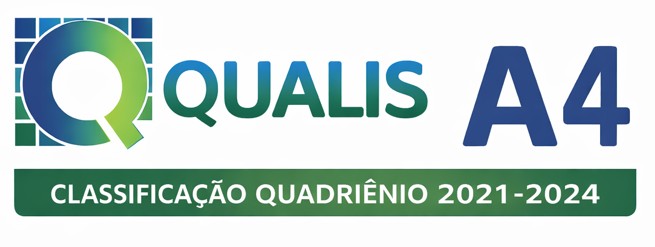The appreciation of bodily practices in early childhood education through play
Keywords:
Práticas corporais, Educação Infantil, BrincarAbstract
Abstract: The study aims to identify the diversification of bodily practices instrumentalized through play in
early childhood education, emphasizing the importance of these bodily practices and their possible benefits
in the appreciation of psychomotor, social, and comprehensive child development at this stage. The
educator involved in early childhood education, the initial stage of basic education, should value play, pleasure,
and participation as a whole, as a qualitative approach and pedagogical strategy. Body movement
is the basis for the child’s pedagogical action in early childhood education. Some types of bodily practices
recommended for good psychomotor work are indicated as games that involve space, time, and rhythm.
According to Maluf (2009), games used as a pedagogical action benefit the child’s development, enrich
their knowledge, and their way of understanding the world. It is justified to reflect actions related to the
human development process, especially in the first stage of a child in a formal educational environment,
promoting a legacy inherent to the bodily, social, and historical culture of human beings and their trajectory
of school, learning, and comprehensive education.
Keywords: Bodily practices. Early Childhood Education. Pedagogical strategy. Play.










